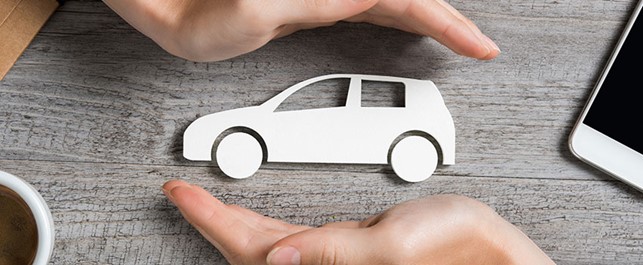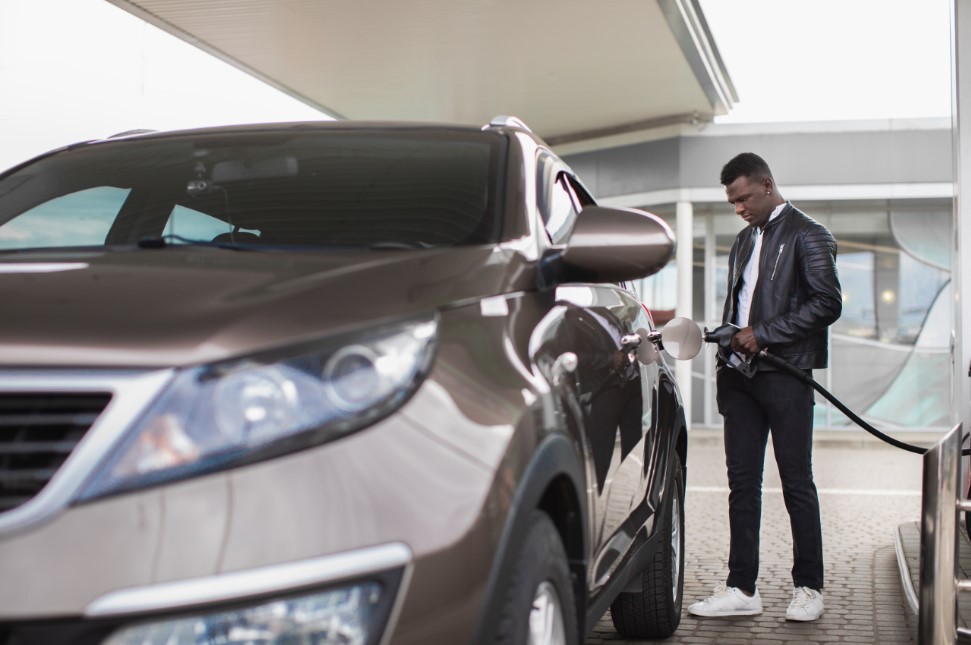How to Diagnose Car Problems: Troubleshooting 5 Common Car Problems

As a car owner, you've likely faced moments of anxiety and confusion when your trusty vehicle misbehaves unexpectedly. Suddenly, you're faced with questions. Why won't the car start? What's causing that strange noise? Why is the check engine light on again?
Thankfully, Christian Brothers Automotive is here to help! In this automotive troubleshooting guide, our expert technicians will guide you through some of the most common car problems, showing you how we would diagnose them and which parts or services may be necessary to get you back on the road.
For Quick Car Troubleshooting, Utilize Your Vehicle's On-Board Diagnostics (OBD) System
In most cars manufactured after 1996, you can use the on-board diagnostics (OBD) system to identify some of the more serious problems. The OBD system will indicate what kind of trouble is present and provide a code that helps your mechanic diagnose and repair it. You can access this system by plugging a scanner tool into the OBD port, usually under your dashboard.
If you don't have a scanner tool, visit your local Christian Brothers Automotive. Our computer diagnostic services use the latest diagnostic equipment to quickly determine the root cause of a car's malfunction. After completing our diagnostics scan, we will thoroughly inspect the entire at-fault system to confirm which part or parts have failed. We will help you answer what's wrong with your car quickly and accurately – then, we'll get you back on the road!
Troubleshooting 5 Common Car Problems
Whether you're stuck on the side of the road or just trying to keep your car running smoothly, some auto issues are common and can be easily diagnosed and fixed. Here are five common car problems and some common causes:
1. Car Won't Start
Car not starting? Here are some steps to understand why your engine may not be turning over, or your car isn't powering on:
Examine your battery – One of the primary reasons a car won't start is a depleted battery. Look out for telltale signs such as dim or non-functional interior lights. This strongly indicates a drained battery.
Inspect the ignition switch – If your battery appears in good shape, yet your car doesn’t respond when you turn the key, the fault may lie in the ignition switch.
Assess the starter – When your car fails to start, and you hear a soft whirring, clicking, or ratcheting sound, the starter could potentially be the culprit.
Review the fuel system – Troubleshooting is about starting simple, so make sure there is gas in your tank (Hey, not every car problem is super complex!). Issues with the fuel pump, filter, or injectors can prevent the engine from starting even if it cranks. Fuel system malfunctions should be considered if all previous factors have been ruled out.
2. Engine is Overheating
An overheated engine will cause serious long-term damage if not addressed quickly. Here are some steps to detect, diagnose, and fix engine overheating:
Monitor your coolant levels – Insufficient coolant often leads to a car overheating. Always ensure your coolant is at the recommended level.
Examine the radiator – Look for leaks in your radiator or the connected hoses, as these can cause overheating. If your radiator has a leak, you might find green liquid or stains near the bottom.
Examine electronic cooling fan – While the engine is running, simply check and see if it is working. It will be directly in front of your radiator.
Evaluate the thermostat – If you've ruled out the coolant and radiator and your car is still overheating, the thermostat could be the problematic component.
3. Brakes Squeaking or Grinding
When you come to a stop and hear noises like squeaking or grinding, it could be an issue with your brakes. Here are some steps to figure out what the problem may be:
Investigate the brake pads – A squeaking sound from your brakes often signals the need for new brake pads. New brake pads are almost certainly required if the noise is more of a grinding sound. If the edge of the caliper is very close to the rotor, it’s probably due to very low pads.
Inspect the rotors – Prolonged use of worn-out brake pads can damage the rotors, which can be another source of the grinding noise. Look for grooves or heavy scratches on your rotors; don’t touch your rotors just after driving–they will be very hot.
4. Poor Fuel Economy
While poor driving habits or speeding can contribute to poor fuel efficiency, some other things may be causing any sudden change. Here's what you can do:
Check tire pressure – Ensure all tires are inflated to the recommended pressure. Low tire pressure can contribute to decreased fuel efficiency.
Check the air filters – A clogged air filter can negatively impact your fuel economy by restricting airflow into the engine.
5. Check Engine Light is On
A lit-up check engine light can be a source of stress and anxiety, but it can also alert you to some serious issues. Here are some steps to get to the bottom of why your check engine light is on:
Inspect the gas cap – Ensure your gas cap is securely fastened. A loose gas cap can cause the check engine light to illuminate. Sometimes, you have to replace the cap.
Assess the spark plugs – Worn-out or faulty spark plugs can cause the engine light to come on due to inefficient combustion.
Check the oxygen sensor – A malfunctioning oxygen sensor can trigger the check engine light, leading to poor emissions control and possible damage to other expensive parts.
Check the code – As we discussed earlier, checking the code from the OBD system is a great way to see what's wrong with your car. Your check engine code will tell you a lot about what may be wrong. We feel it’s important to say that scanning codes, while helpful, is most often a percentage of the job. Some scan codes are direct and specific, while other codes are like street signs, basically telling you, “Well, we know it’s one of the homes in this neighborhood.” If the code you see is general, it may be the best bet to let the experts test & inspect your car to accurately and precisely diagnose the issue.
Turn to Christian Brothers Automotive for Professional Troubleshooting
We hope this provides helpful insight into what auto repair or maintenance you need to restore your car's performance and communicate more confidently with the mechanic at your local auto shop.
Whether you're dealing with a car that won't start, brakes that are grinding, or any other issues we've discussed, rest assured that Christian Brothers Automotive is here to save the day. Our professional and expert technicians have all the tools and knowledge to properly diagnose your car’s problem and get you back on the road quickly!
Find your local Christian Brothers Automotive and schedule a service appointment today. We’ll offer a free overall health checkup on your car–ask for our Courtesy Inspection. And, any repairs we make will be backed by our Nice Difference warranty, which is 3 years or 36,000 miles, whichever comes LAST! Come see us! We look forward to helping you get back on the road.


[1].jpg)
sunwash-tech-with-customer.png)

